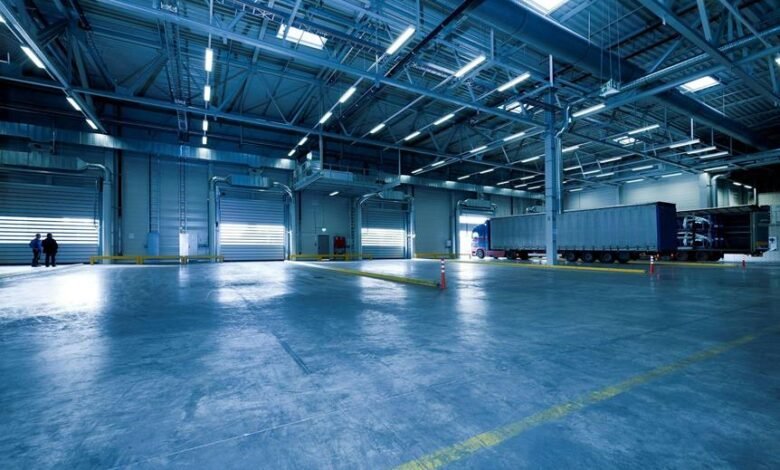How Automation Is Changing Work – 970818355

You might be surprised to learn that nearly 60% of jobs today involve tasks that could be automated within the next two decades. As you navigate this evolving landscape, it's essential to understand how automation is reshaping not just efficiency but entire job roles. While you may find opportunities for creativity and strategic thinking emerging, you'll also face challenges, including the need for new skills. What does this mean for your career and the future of work? The answer could redefine your professional path in ways you hadn't considered.
Impact on Job Roles
Automation is reshaping job roles across various industries, and it's crucial to understand how these changes affect your work.
As roles transform, you may face job displacement, but a hybrid workforce offers new opportunities.
Embracing skill adaptation ensures you stay relevant. By actively developing new skills, you can thrive in this evolving landscape, gaining the freedom to pursue fulfilling work that aligns with your passions.
Efficiency and Productivity Gains
With the rise of automation, businesses are experiencing significant efficiency and productivity gains that reshape how work gets done.
You can harness process optimization to streamline workflows and enhance output.
By embracing task delegation, you free up time for creative pursuits and strategic thinking.
This newfound freedom allows you to focus on what truly matters, driving innovation and growth in your organization.
New Skills for the Future
As the workplace evolves, you'll need to develop new skills to stay relevant in an increasingly automated environment.
Embrace digital literacy to navigate technological advancements confidently.
Cultivate adaptive thinking to quickly respond to changes and challenges.
These skills empower you to thrive, ensuring you maintain your freedom and adaptability in a world where automation reshapes traditional roles and expectations.
Challenges of Automation
Facing the rapid rise of automation, many workers encounter significant challenges that can disrupt their careers and job security.
Job displacement looms large, raising ethical concerns about automated decision making. As you navigate workforce adaptation, technology integration becomes essential.
However, these shifts can impact employee morale, causing uncertainty. Embracing change is vital to reclaiming your freedom and thriving in this evolving landscape.
The Future of Work
The evolution of work is reshaping how we think about jobs and careers in profound ways.
With remote collaboration, you can break free from traditional office constraints and connect with teams globally.
Embracing workforce adaptability lets you respond to change effortlessly, empowering you to craft your ideal work life.
The future offers endless possibilities for those ready to seize them.
Conclusion
As automation reshapes the workplace, it's clear that adapting to these changes is essential. Did you know that by 2025, it's estimated that 85 million jobs may be displaced, but 97 million new roles could emerge? This statistic highlights the importance of embracing new skills and opportunities. By focusing on creativity and strategic thinking, you can thrive in this evolving landscape. The future of work is bright for those willing to learn and adapt.



